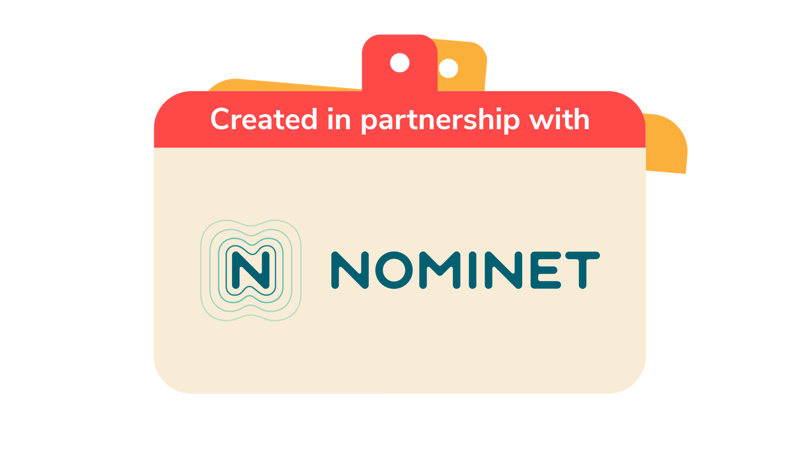
Keep your opinions to yourself
You’ll need
- Items to use in your adverts
Before you begin
- This activity is in two parts and aims to encourage people to think about the difference between fact and opinion and how to spot both online.
Fact or opinion?
- The person leading the activity should ask someone to describe what a fact is and what an opinion is. A fact is something that’s true and can be checked or verified and an opinion is a view or judgement made based on what someone thinks rather than fact.
- Read out some facts and opinions (we’ve added some ideas below) and ask everyone to shout out whether they think it’s a fact or opinion.
- Remind everyone that it’s important not to spread or share ‘fake news’ and to take a look at the source of the information.
Is honesty the best policy?
- People like journalists, presenters, advertisers and politicians use a mix of facts and opinions, but talk about what would happen if you could only speak in facts?
- Everyone should get into small groups and the person leading the activity should give each group an object – we’ve included some suggestions below.
- Each group should have a few minutes to create an advert selling their product, but they can only use provable facts. For example, they can say that the trainers are made of leather and have laces and rubber soles, but they can’t say that the trainers will last for years. Have fun with items like toilet roll, baby nappies and yeast spread!
- Once they’ve had time to prepare, groups should present their factual adverts to the larger group. Everyone watching can challenge the presenters at any time. For example, if someone claims that the toilet roll is soft, then the audience can ask to feel it. If they claim it’s really strong, the audience can ask to test it out and then allow the presenters to keep or discard their claims in their adverts.
- Many teenagers are smokers. (Opinion)
- The voting age should be lowered to 16. (Opinion)
- The collective name for a group of crows is a murder. (Fact)
- Too many people think they know everything. (Opinion)
- Mozart was the greatest composer. (Opinion)
- Mercury is the closest planet to the sun. (Fact)
- Anyone who drives fast should have their licence taken away. (Opinion)
- Paris is the capital of France. (Fact)
- Dolphins are mammals. (Fact)
- Pizza is the best takeaway. (Opinion)
- May comes after April. (Fact)
- There are no penguins at the North Pole. (Fact)
- Bathroom cleaner
- Biscuits
- Crisps
- A supermarket
- Toilet roll
- Trainers
- Baby nappies
- Yeast spread
- Pizza
- Milk
Reflection
This activity reminded everyone that the difference between fact and opinion can be small and that it’s quite hard to remain factual at all times! The person leading the activity should ask the groups why they think that people like to express opinions. Perhaps this is because they’re trying to persuade someone to think like them or to sell something or because opinions can be more interesting and exciting that facts?
Having opinions means you’ve listened and thought about something but it’s important to listen to and understand the facts and to know that it’s OK to change your mind if you feel that the facts outweigh your opinion. It’s also OK to know that you can’t change everyone else’s opinions. Remind everyone to think really carefully before posting or sharing things online.
Safety
All activities must be safely managed. You must complete a thorough risk assessment and take appropriate steps to reduce risk. Use the safety checklist to help you plan and risk assess your activity. Always get approval for the activity, and have suitable supervision and an InTouch process.
- Make the advert section harder by giving groups a really plain object like a ballpoint pen or a paperclip.
- In groups take a newspaper article or one you can find online and go through it, identifying the facts and the opinions. Read it out to the rest of the group and get them to do an action such as standing up when they hear a fact and a clap when they hear an opinion.
Make sure that everyone can contribute to the advert discussion and acting out but if anyone doesn’t want to act, they can be in charge of props or directing the action.
All Scout activities should be inclusive and accessible.
Young people can create and direct their adverts together and work together to decide which facts to add or leave out.
